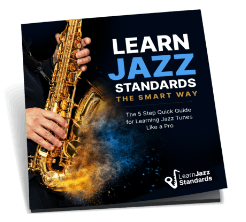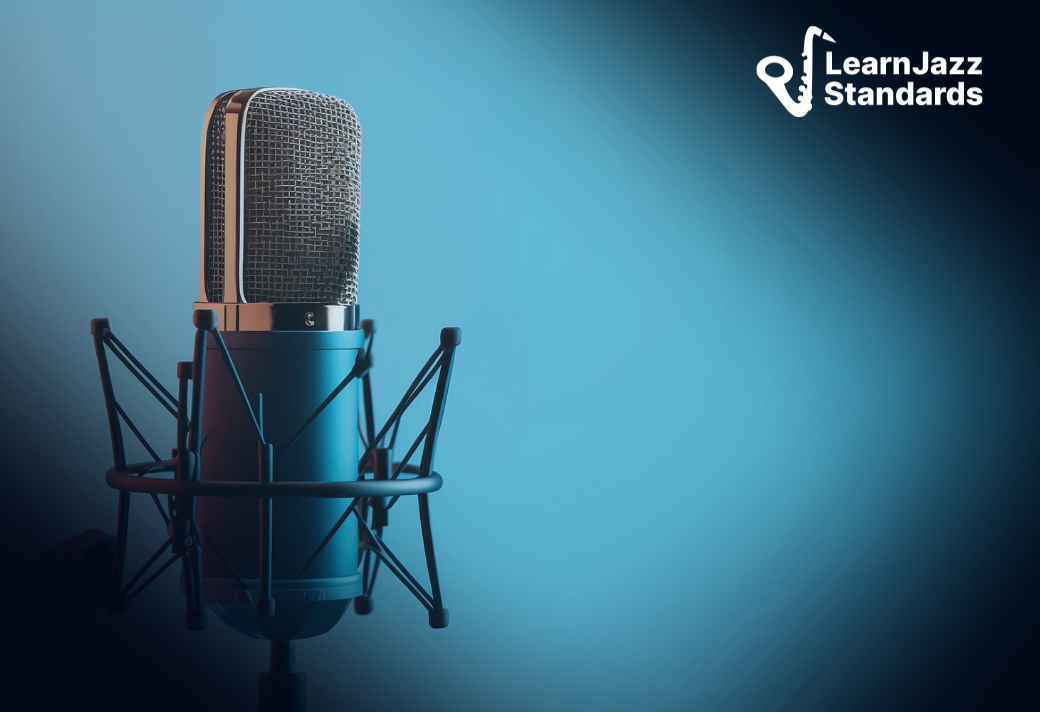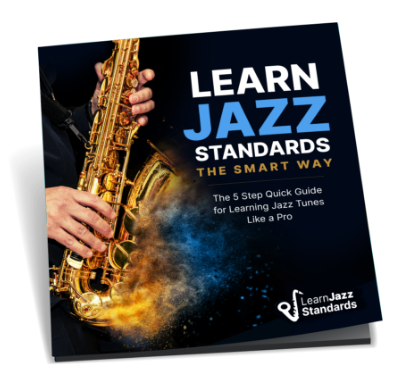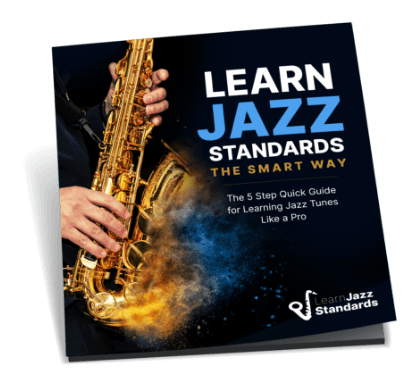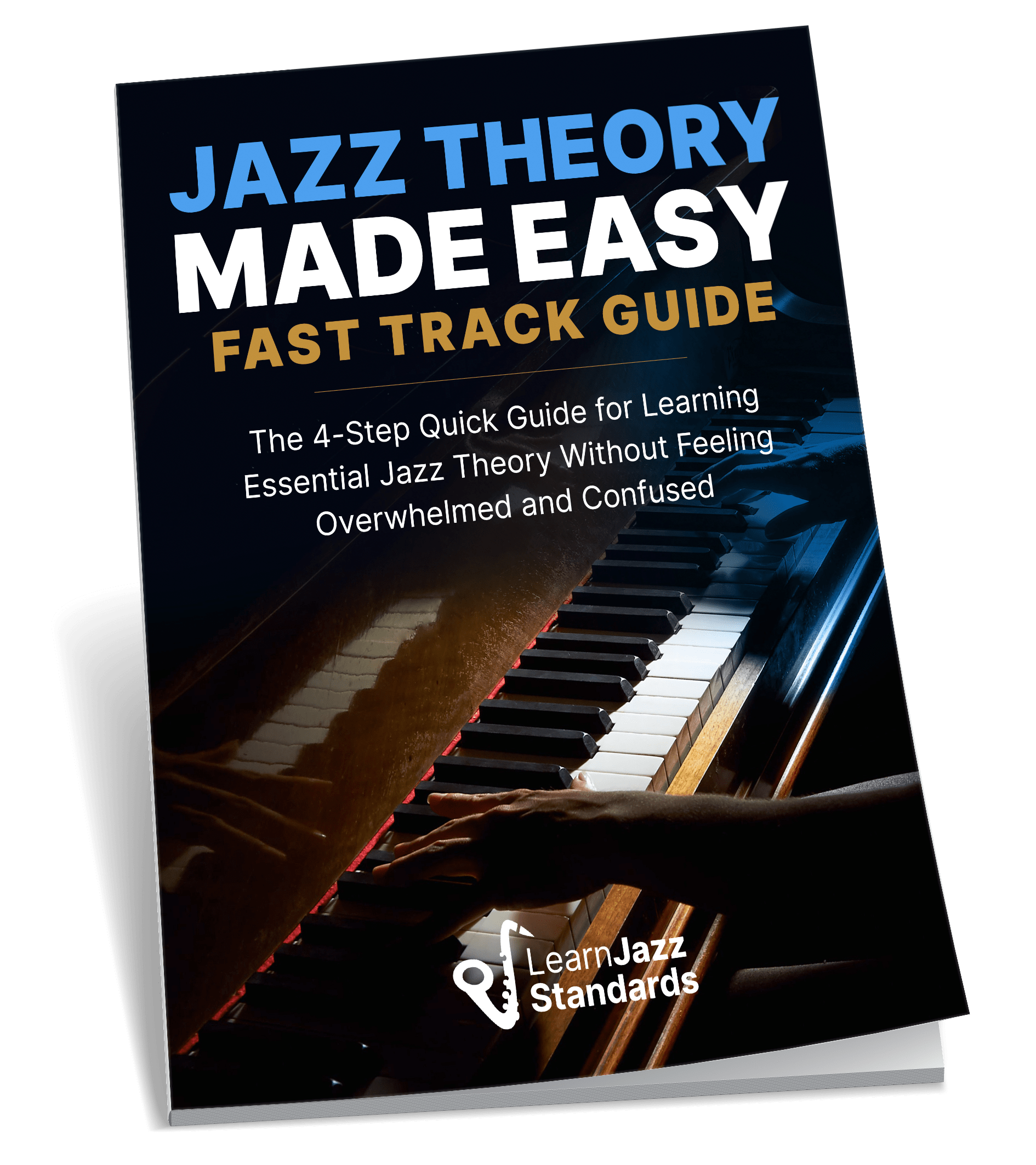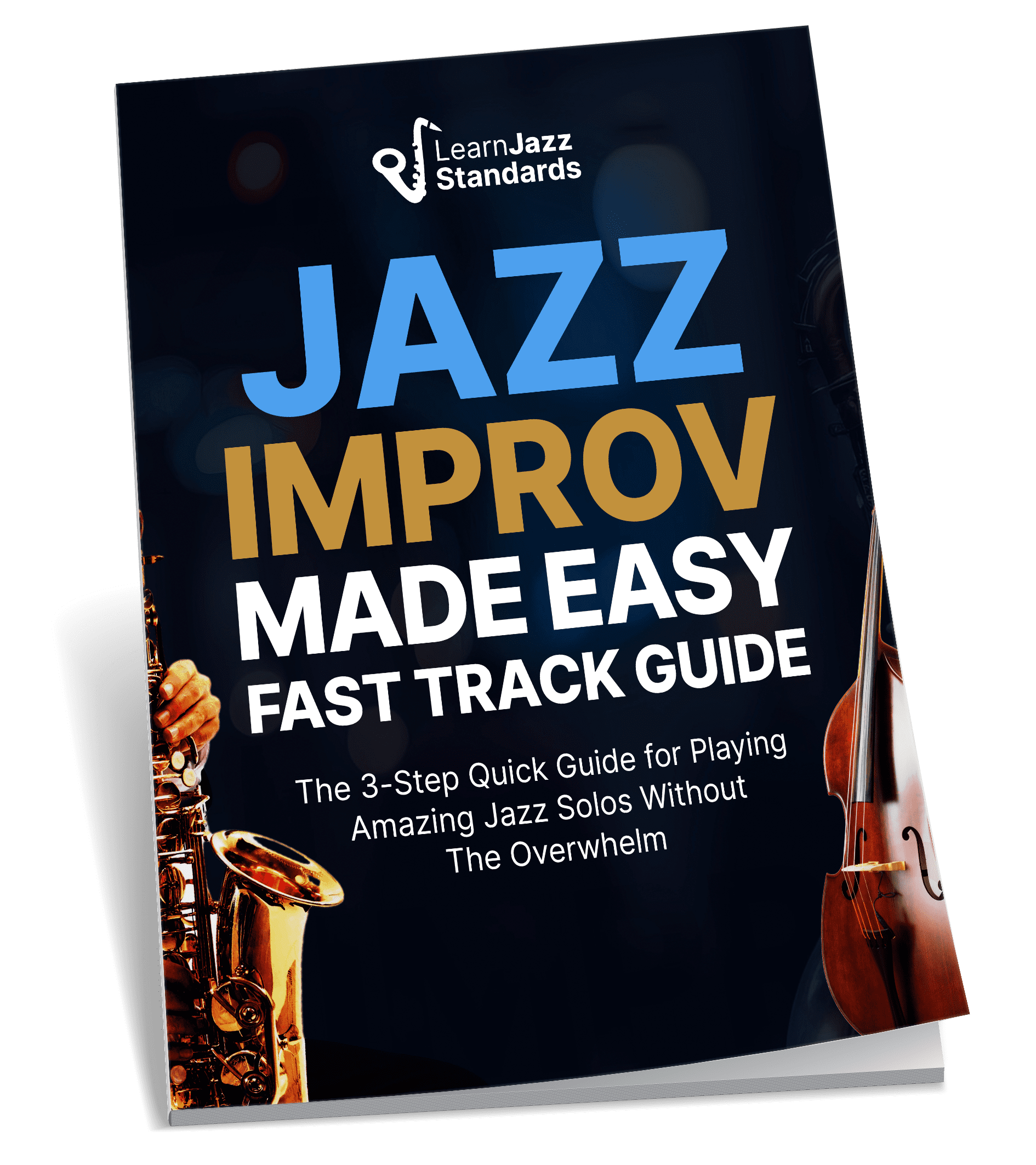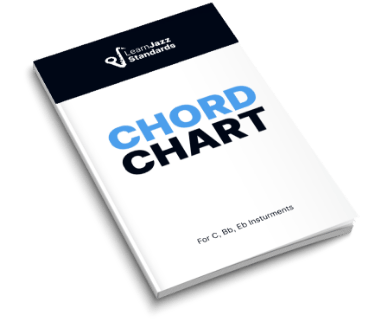Jazz education has been institutionalized. For decades now, you have been able to find a form of jazz education in countless middle schools, high schools, and colleges. In a way that helps to propel the music forward, passing it on to the next generation. Jazz education is alive in the schools. That’s a victory for jazz education, right?
Unfortunately, while jazz education is alive, in some respects it is not well. The current school jazz band model largely misses the mark with regard to training young jazz musicians. I’m concerned that I don’t see more young lions coming up out of high school jazz programs. There are some young lions, to be sure, but it is a relatively small percentage of kids. This article is not meant to be critical; it is meant to help. I’ll point out the existential problem with the jazz band model, and I’ll later propose some solutions to help band directors to give their kids more of what they need to become well-rounded jazz musicians and improvisers.
Improvisation is the essence of jazz music; however the jazz band model can do a poor job of training young musicians to be competent improvisers unless the director is very intentional about teaching improvisation. The big band format doesn’t have very much improvisation compared to other jazz ensembles, and so directors should actively seek out extra opportunities to help their students learn improvisation.
Many band directors don’t spend a lot of time teaching improvisation because they spend more of their time teaching band to play the notes on the page. They often spend a lot more time and energy teaching the band to play “tight” as an ensemble than they do trying to help the kids learn to improvise. Ensemble playing is important, but we can’t neglect improvisation, and we need to see it as one of the most important things we teach because improvisation is the essence of jazz.
We want to train jazz musicians. To put it bluntly, if we are graduating musicians who can read music but who can’t take a solo, we aren’t really training jazz musicians.
Unless the jazz band experience is supplemented with private lessons and other experiences, students may not get a lot of experience improvising. The first tenor and second trumpet players tend to get the majority of the solos, and some of the other kids may rarely get to solo unless you are really intentional about teaching improvisation.
That is the existential program with jazz band: if we aren’t very intentional, jazz band doesn’t train most of the kids to improvise. Improvisation is the essence of jazz. A few of the lucky kids like the first tenor or the second trumpet are likely to get a lot of opportunities to solo written into their jazz band charts, but what about the other 15+ kids in the band? A FEW talented individuals get the opportunity to take most of the solos, but many kids don’t really get the opportunity to work on improvising much at all in some bands.
A stellar talent can rise up in the big band model and really learn to improvise well, but the odds of success aren’t in their favor if they aren’t given extra opportunities to practice improvisation. Fortunately, there’s hope! Keep reading.
If jazz band had been my ONLY avenue for learning to play jazz, I would not have had the skills or the trajectory to later become a working jazz musician. This website would not even exist had I not had MANY other opportunities in addition to jazz band.
Fortunately I also had private lessons, I attended several jazz camps and many jazz workshops, and I had the opportunity to play with COLLEGE jazz combos for 3 years while still in high school. All of those additional opportunities supplemented my high school jazz band experience. My experience in high school jazz band was positive and very helpful, but those additional opportunities were incredibly important in my musical development. It was the cumulative effect of all those opportunities together that was really valuable for me. I spent a lot of time learning jazz in a number of different settings, not just in a big band.
I learned more about improvising in the private lessons and in the college jazz combos than I ever did in jazz band, although jazz band was also an important part of my musical development. Jazz band alone would not have been enough to turn me into a jazz musician without those other opportunities.
The Disconnect Between Jazz Band and Jazz History
If we start with jazz history as the benchmark (instead of using class size as the primary consideration), it is difficult to justify why jazz bands have arisen as THE model for how jazz is taught in schools. Let’s look at some various jazz style periods:
Dixieland (small group jazz)
Swing Era (big bands, large ensembles)
Bebop (small group jazz)
Cool Jazz (mostly smaller group jazz, certainly smaller than the big bands)
Modal Jazz (small group jazz)
Free Jazz (small group jazz)
Post-Bop (small group jazz)
Straight-Ahead (small group jazz)
As you can see, the large ensemble jazz of the Swing era is an anomaly in jazz history! Though there were important big bands in other jazz style periods, small group jazz was the dominant force in ALL other jazz style periods except for the Swing era. So why don’t we teach small group jazz and supplement the combos with big bands? That would make more sense from a historical perspective.
If we really want to teach jazz improvisation, a big band isn’t the best model. Teaching improvisation should be a TOP priority for a jazz band instructor. Teaching improvisation should not be an afterthought. Improvisation is a necessary part of jazz, but it’s unfortunately a small part of the big band experience unless you are very intentional about it and consciously make it a priority.
Big band is the established model we HAVE because school administrators like larger class sizes to get more bang-for-their-buck from the teachers, and because jazz band is primarily based around reading music. Reading music notation makes teaching jazz more “scientific” and frankly easier to teach, though jazz band also has the unfortunate side-effect of diluting the improvisational requirement of jazz. It’s tough to require much improvisation when 95% of the music is notated. Despite this existential problem, the jazz band model has been in place for decades, and most schools are stuck with it as the dominant model for jazz education.
Jazz is an apprenticeship, passed on from experienced jazz musicians to their students, generally one-on-one in private lessons, or in small groups. Or on the bandstand.
In many ways, a jazz band is more like a concert band than it is like small group jazz. Big band doesn’t have much improvisation compared to small group jazz. Big bands are so large that the arrangements have to be notated, (with a few exceptions like the head arrangements of the Count Basie Orchestra during the band’s early years, when the band was smaller). There is little improvisation in big band jazz except for a few solos from a few of the players. Jazz band directors can become so preoccupied with helping their bands learn to read parts and play together as an ensemble that little investment is made by some directors into helping the musicians learn how to solo.
Improvisation is the essence of jazz, but if little coaching is offered to help the students learn to improvise, then the so-called “jazz” band becomes more of a concert band with a rhythm section, and learning to read music trumps improvisation as the primary educational goal in the ensemble.
While I believe that reading music is a very important skill, it should be noted that some of the greatest masters in jazz didn’t even read music. Legends such as Django Reinhardt, Wes Montgomery, Jimmy Smith, Buddy Rich, Erroll Garner, Charlie Christian, Bix Beiderbecke, Tony Williams, and Gene Harris did not read music. Even Chet Baker, Charles Mingus, and Dave Brubeck were evidently not superb readers. All of these guys were superb jazz musicians, despite their reading deficiencies.
Clearly, reading music is important. However, if you want to be a jazz musician, learning to improvise is even more important than reading music, as is evidenced by the fact that there are many famous jazz musicians who couldn’t read music well or even at all. The fact that improvisation is an afterthought in the curriculum for many school big bands means that they have jazz education backwards. Improvisation is the essence of jazz music, so you shouldn’t have a “jazz band” that barely covers improvisation.
Solutions
Here are some suggestions for teaching jazz in schools, addressing band directors specifically. If you could start from scratch, I would encourage jazz teachers to emphasize the jazz combo model because that really teaches improvisation. However, the jazz band model is here to stay in most schools. Fortunately, I do believe it is very possible to do more to help kids learn to improvise within the context of a jazz band. Here are some suggestions for making the jazz band model better for teaching jazz improvisation.
Required Listening.
It’s tragic that many jazz band kids do not understand the history of jazz, do not know who the greats are, and do not listen to jazz. To help solve this dilemma, band directors can burn CDs of music to expose kids to the music of Charlie Parker, John Coltrane, Louis Armstrong, Dizzy Gillespie, Count Basie, Duke Ellington, Bill Evans, Oscar Peterson, Billie Holiday, Ella Fitzgerald, and many others. The kids should also be exposed to some more recent jazz artists such as Roy Hargrove, Joshua Redman, Wynton Marsalis, etc. You can even test the kids by “dropping the needle,” so to speak, and having them identify the artists and the songs from the CD you gave out. Some of the kids may catch the fire and start listening more!
Or why not listen to some jazz in class during the first few minutes when the kids are setting up to play? You might as well use the time. It adds up.
No one should graduate from a high school jazz program without a good understanding of jazz history; they should be familiar with recordings by the Jazz Greats, and they should be especially familiar with the important musicians on their instrument.
Jazz Combos
Make small group jazz an integral part of the curriculum. Is there a good way to do that in the context of a jazz band? In many cases, no. But if you run a few jazz combos after school on an ongoing basis, that would help your best kids to really get what they need: an opportunity to improvise and learn standard tunes! Your best players need to be pushed, and an additional opportunity like a combo is a great opportunity to help them excel.
Band directors shouldn’t leave jazz combos to their own devices except in special cases where they have a REALLY strong student leader. Band directors should help coach the after school combos or hire someone else to help them!
What if you used an improvisational jazz combo at some pep band games? Just a thought for some more gig opportunities!
Improvise in Class
At the very least, having everyone blow a chorus over the blues as a warm-up should be an important part of the class routine. There should be some sort of opportunity for every kid to improvise every day in class. I know time is precious and limited, but teaching improvisation should be a HUGE priority. I’ve even seen jazz bands in which EVERYONE improvises a couple choruses together, at the same time, as part of the warm-up. It’s really chaotic, but at least everyone gets a chance to blow and it didn’t take up 15 minutes of class time. Having the students improvise one at a time is also a worthwhile use of time, but it does take up more class time.
Maybe everyone could blow over some other standard tune instead of the blues. Be creative and make the students push their limits.
Go Jam
Having regular combo gigs and jam sessions for small audiences at local coffee shops and other venues is a great way to build the kids ability to improvise in a small group setting. Is there somewhere where you could set up a weekly jam or gig for some of the kids who might want to do that? Print off some music and/or have the kids start memorizing some standard tunes!
Private Lessons
Encourage kids to study privately with a good teacher on their instrument. If there is a jazz teacher available, that’s a fantastic opportunity to learn things you otherwise would not be able to do.
Make Improvisation a Priority
If improvisation is viewed as a top priority by the band director and the students, the kids will become better improvisers because they will spend more time improvising. Like anything else, you get better with “time and pressure.”
Learn Standards
Students should learn jazz standards as part of the curriculum. At LearnJazzStandards.com, we have lots of Play Alongs available in our Index of Jazz Standards to help musicians practice improvising over standard tunes when a rhythm section is not available. Don’t forget to check out the recordings of the Greats playing the tunes! Listening is vitally important.



